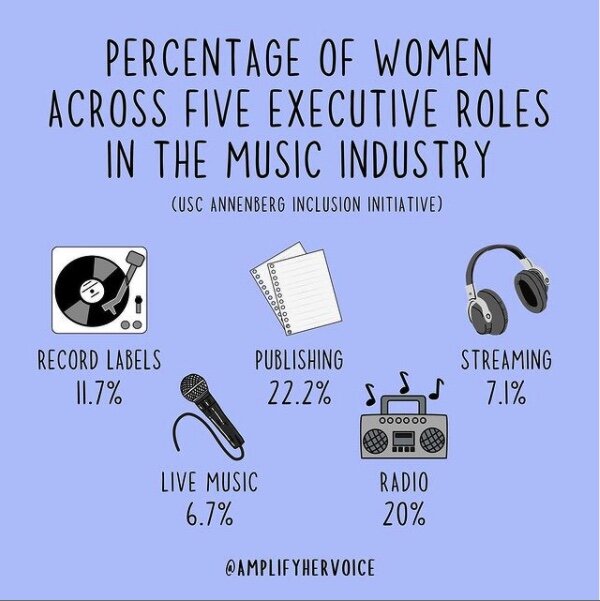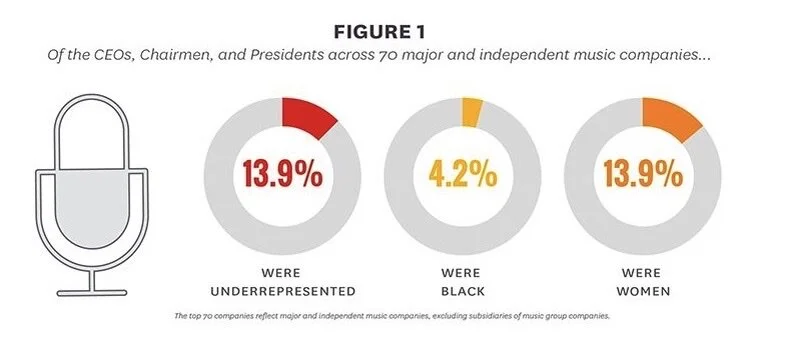By: Lillian Creasy
The women getting things done at OM
Right to left: Erin Anderson, Miriam DeYoung, Grace Carey-Hill, Maddy Hicks
March is Women’s History Month, where we celebrate and recognize women’s achievements and contributions throughout history. We also use this as a time to uplift the next generation of women and girls. Here at Olivia Management, we have a powerful team of hardworking, dedicated, driven, and most importantly supportive women leading the way.
History of women’s history month:
Many don’t know, but Women’s History Month began as Women’s History Week. It began as a local celebration, in 1978, in Santa Rosa, California, selected to be the week of March 8th to correspond with International Women’s Day. After the movement began to spread, women’s groups and historians lobbied for national recognition. In February of 1980, President Jimmy Carter declared the week of March 8th as National Women’s History Week. Between 1988 and 1994, Congress passed resolutions authorizing the President to proclaim March 8th as Women’s History Month, each year. Since 1995, every president has continued to dedicate March to Women’s History Month.
influential women in music:
Aretha Franklin - “Queen of Soul” and first woman inducted into the Rock & Roll Hall of Fame in 1987, she championed civil rights and women’s rights.
Patsy Cline - One of the most influential vocalists of the 20th century and one of the first female solo stars in country music, known for pioneering country-pop crossover.
Dolly Parton - Outstanding country music artist, who uses her platform to advocate for women’s rights and early childhood education.
Tina Turner - Known for her powerful vocals and stage presence, she serves as a symbol of empowerment, inspiring women to pursue their dreams.
“My legacy is that I stayed on course… from the beginning to the end, because I believed in something inside of me.” - Tina Turner
Organizations supporting women in music:
If you want to check out more info on events and celebrations, women’s history, artwork, and more, visit the official website for Women’s History Month.






